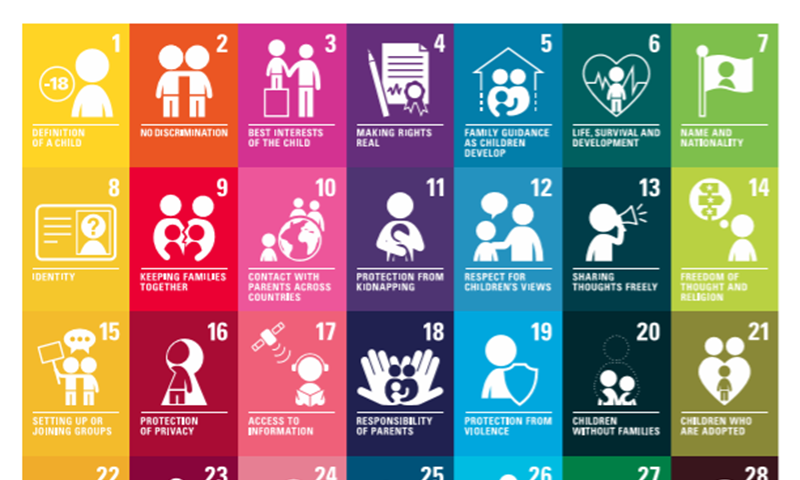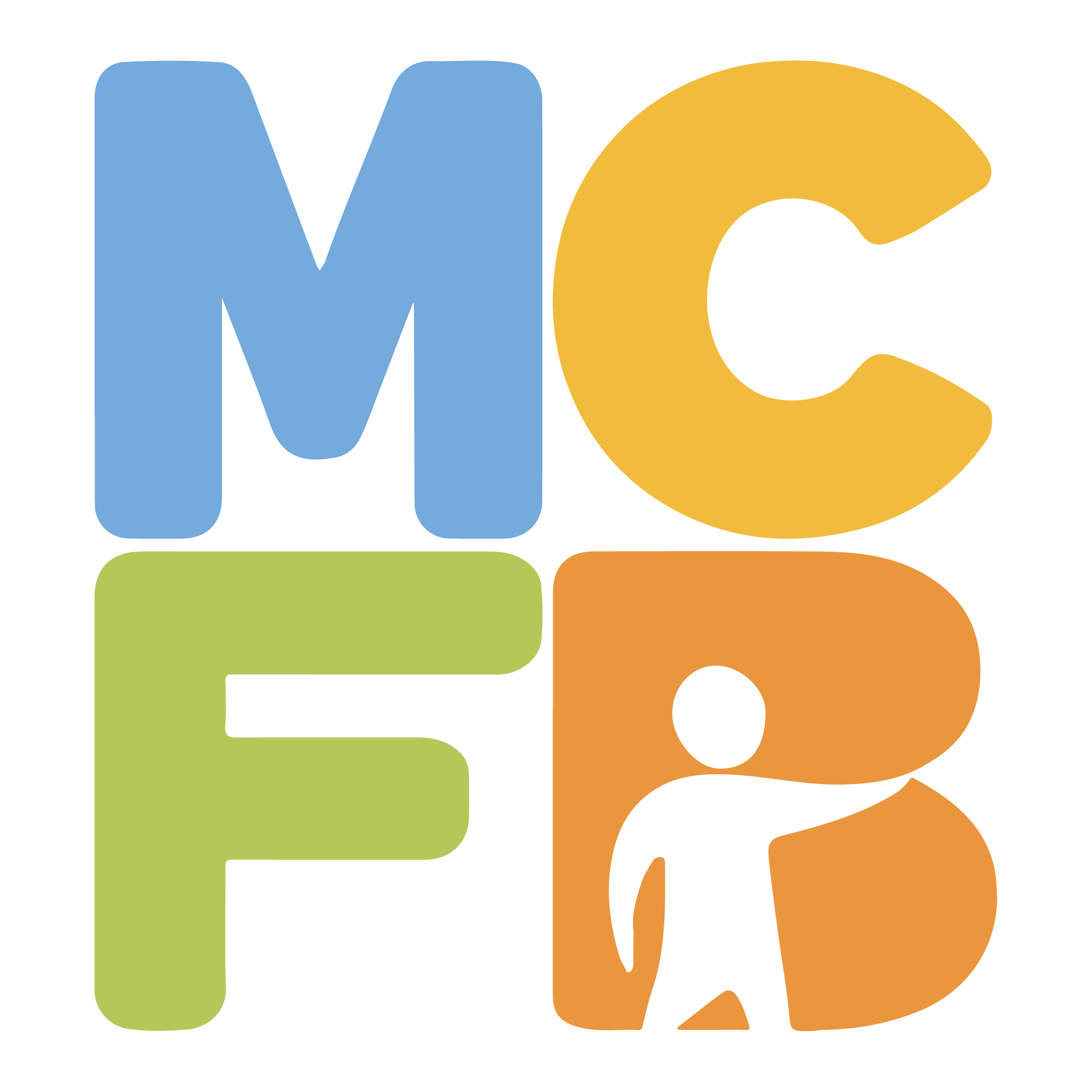Know Your Rights! How the UNCRC Bill Will Help Children in Scotland

By Jonathan Zheng, College of Liberal Arts and Sciences, University of Florida
Good mental health begins in childhood, but mental health resources are unusable by many children. That is why the Scottish Parliament is incorporating the UN Convention on the Rights of the Child, or the UNCRC into law.
I am from the US and mental health services are hard to get there. There aren’t enough psychiatrists to go around, and if you manage to find one, they charge over $100 per hour and you have to meet them for several hours every week. This makes psychiatric care something only for the rich with free time. In the UK, you can consult a psychiatrist for free, but you still have to wait several weeks before you can get an appointment. If you belong to a minority group, you will have a harder time getting an appointment in both countries. To me, it is an incredible undertaking that the Scottish government is set on tackling mental health issues by nipping them in the bud from childhood. Coming from a country that would certainly call this law an attempt at controlling how we parent our children, I intend to show how what they promise would help children while letting you decide if this is worth it.
The UNCRC is a document signed by every country in the world except for the United States (go figure). It has 54 articles, 42 of which are the rights of the child and 12 are implementation rules.
However, many rights are still not written into Scottish Law as of yet. The ‘Getting it Right for Every Child’ or GIRFEC initiative has been in the works since 2006, but there have been struggles with incorporation. The government planned to give every child a “named person”, a teacher or medical professional that they could go to for their mental health needs. Although the intentions were good, the program’s broad implementation was limited to specific cases by the Supreme Court in 2016 because it violated the right to privacy of the families of Scotland. The new UNCRC act simply writes all 42 rights of the child into law. Many of these rights do a lot to improve children's mental health:
It is easy to underestimate how much a child’s mental health improves when they are listened to. Once children feel like their voice matters, they are more likely to seek mental health help when they need it. The rights in the UNCRC are non-discriminatory and inclusive, which promotes more equal access to care for children with disabilities and from minority and Indigenous groups. Mental health is seen very differently in many Asian and African cultures than in Western cultures. Sadly, mental health issues are often quite stigmatised, making it harder to get help. In the West, mental health, while still stigmatised, is perceived as something that can be cured by a trip to the doctor and not something to be completely hidden at all costs. If children understand their right to be heard, they can feel empowered to seek help when they need it.
One way to help children feel empowered is through play. According to Denisa Dashi, professor at Edinburgh College, the right to play boosts self-esteem and confidence, inspires creativity, and playing outdoors makes people happier. However, gender stereotypes in play are harmful for mental health where boys are encouraged to be more aggressive and girls are encouraged to act lesser. The right to non-discrimination can be applied to play to prevent harmful gender stereotyping for more equality and confidence in children.
Policymakers don’t yet know how to put the UNCRC law into practice, but the law requires the plan to ensure that children are part of the decision-making process by giving them access to advocacy services. It also needs to detect when a child’s rights are not being met and have reporting that is easy for children to use. The plan needs to be confirmed by the
Commissioner for Children and Young People, the Scottish Commission for Human Rights, and children. The act does not say how the children will be asked to approve the law, but the way they gain children’s approval is a measure of how committed the Scottish Government is to children’s rights. However, if the named person program can be made available to all children in a comfortable and acceptable way, then that would be a great next step for child mental health in Scotland.
For more information about the act, click here



